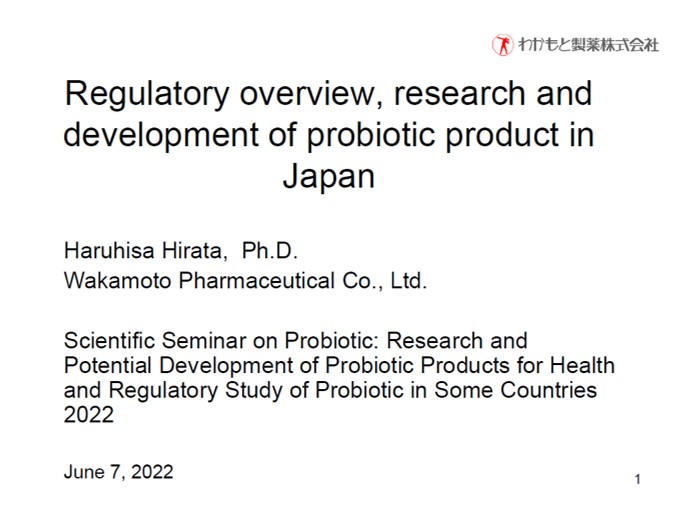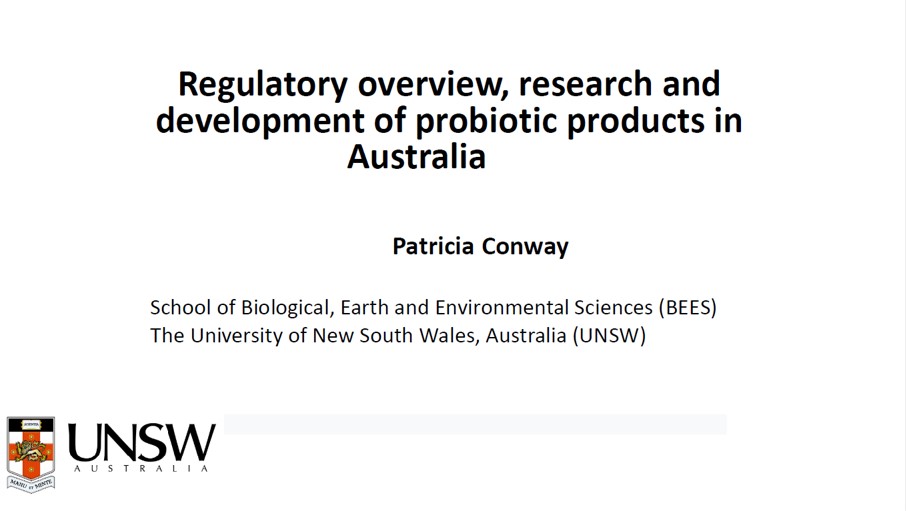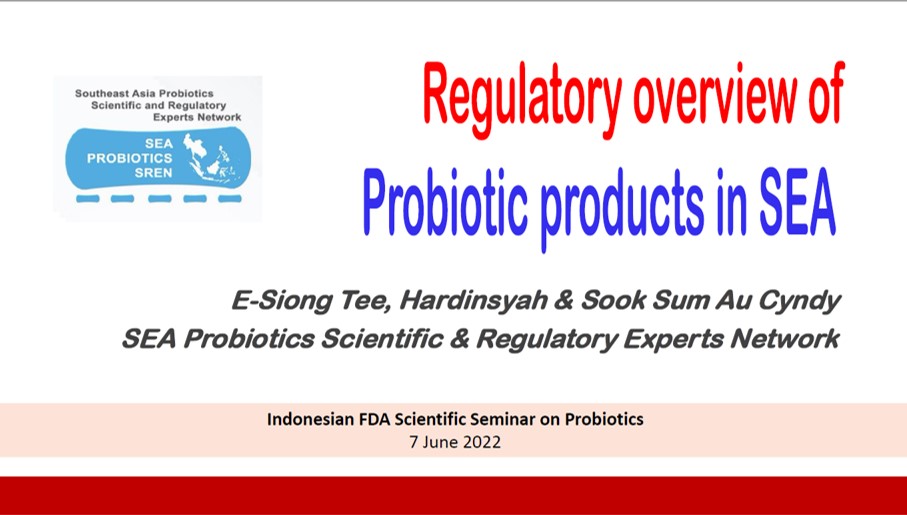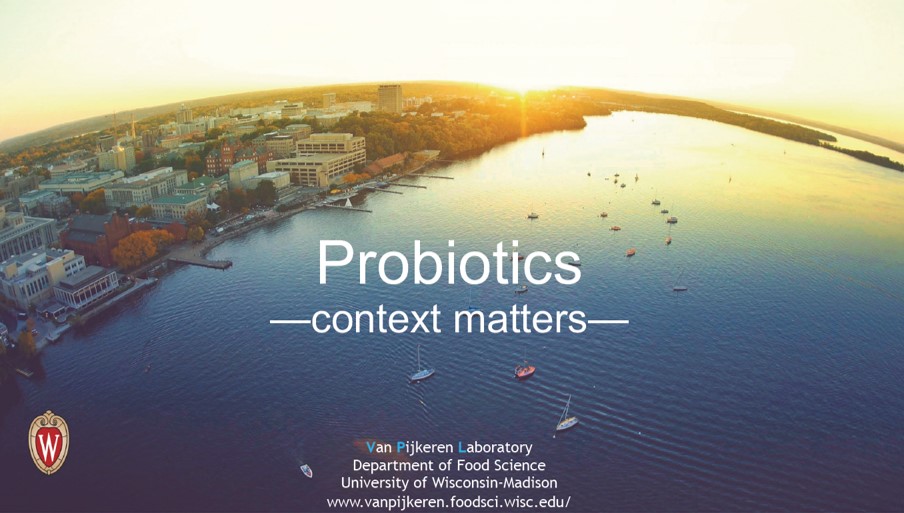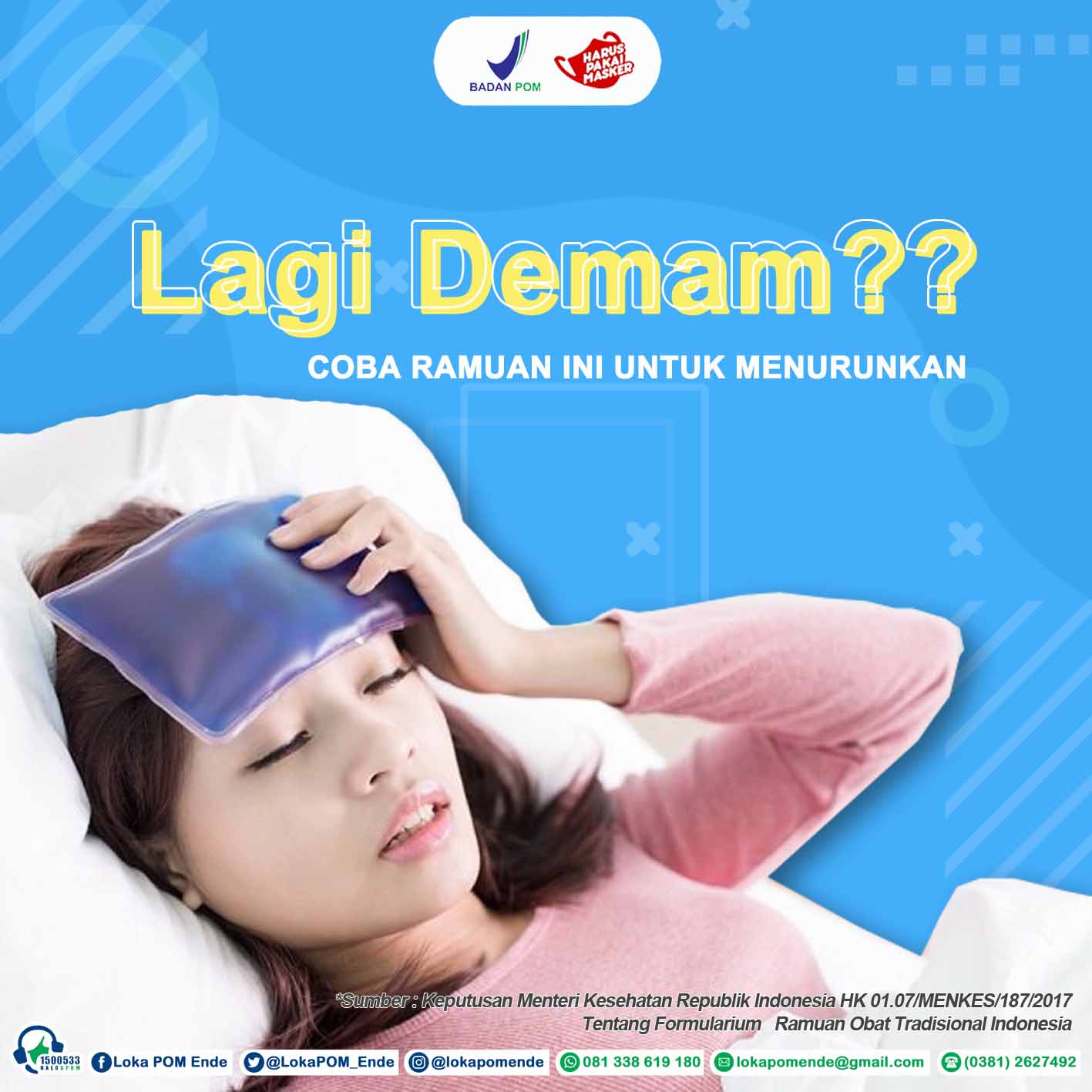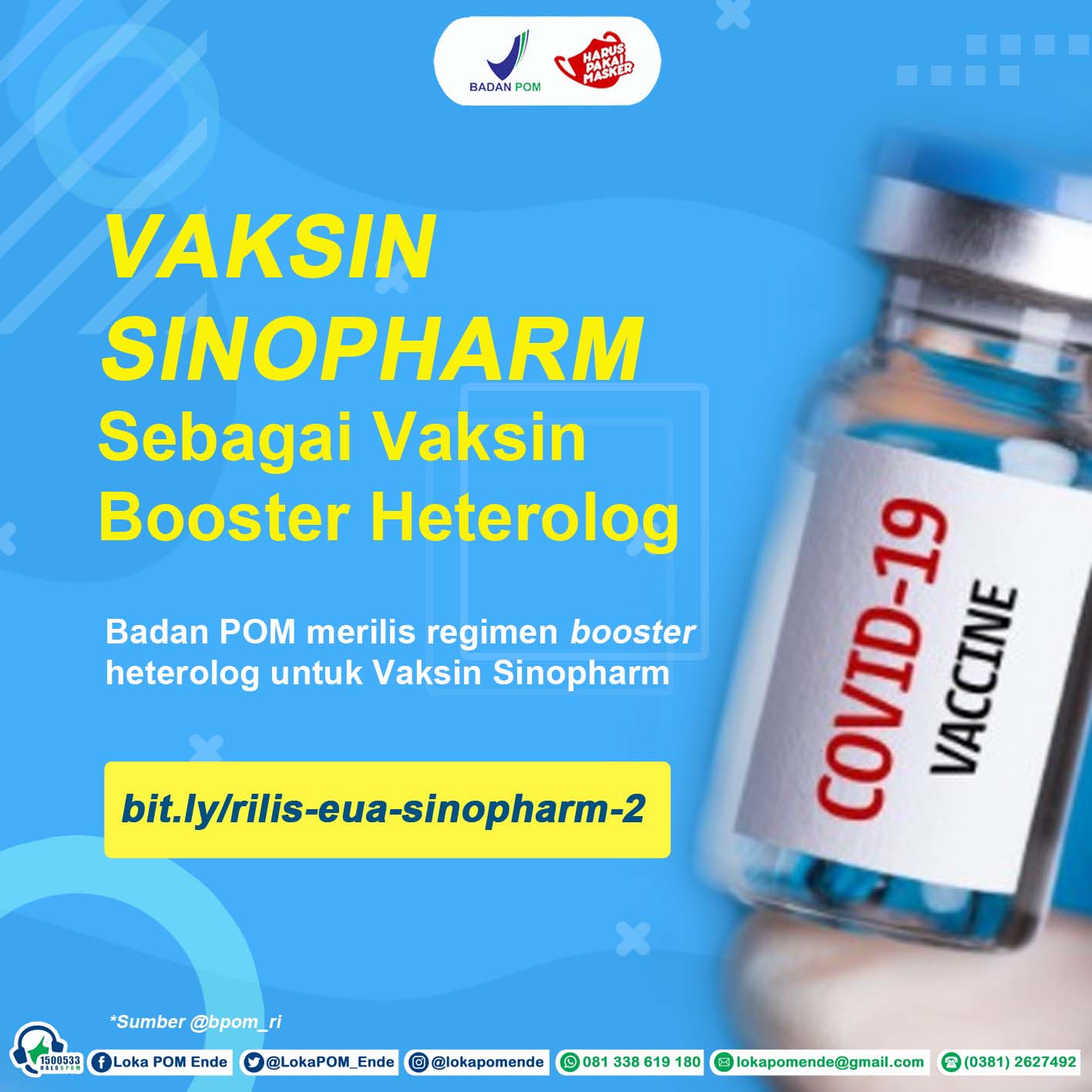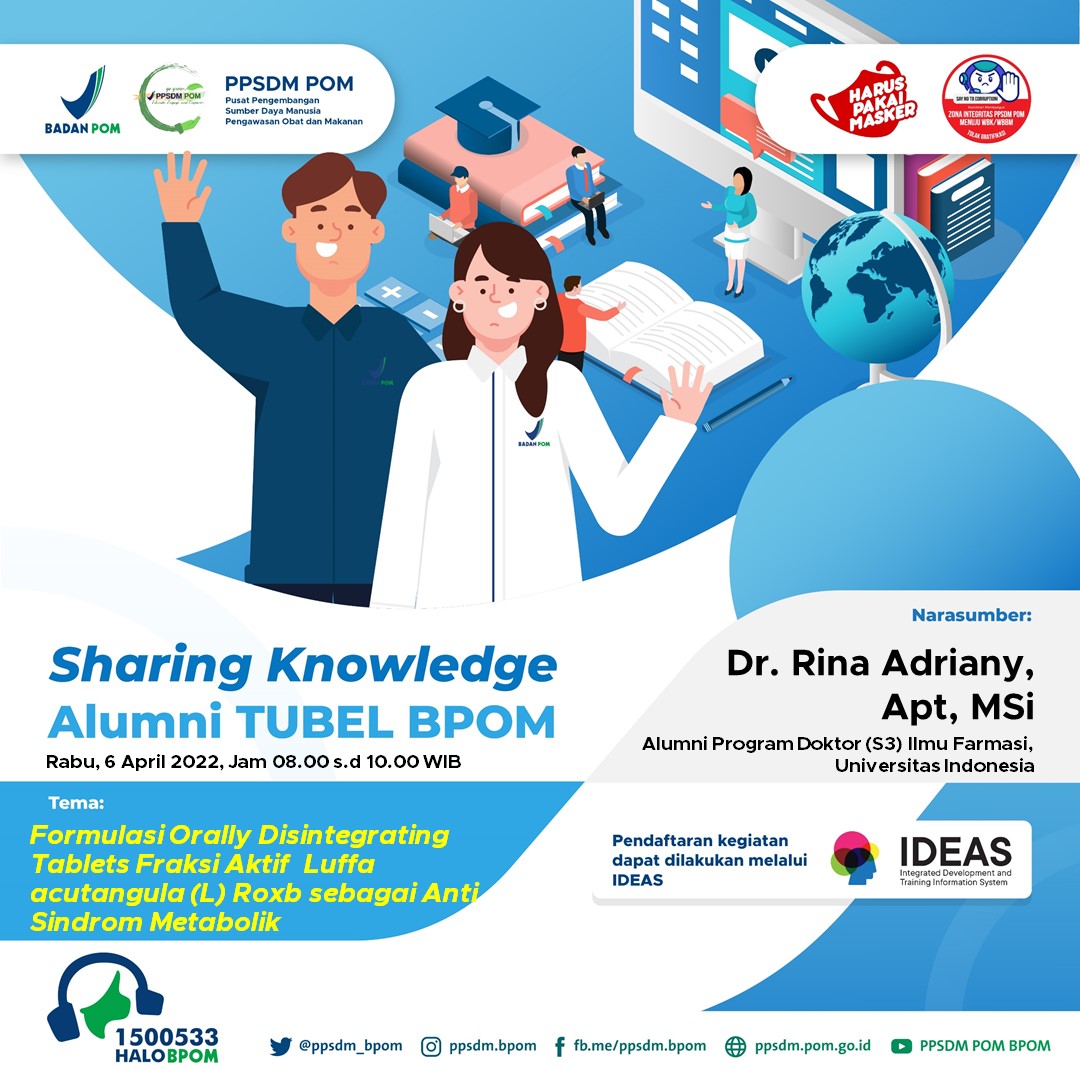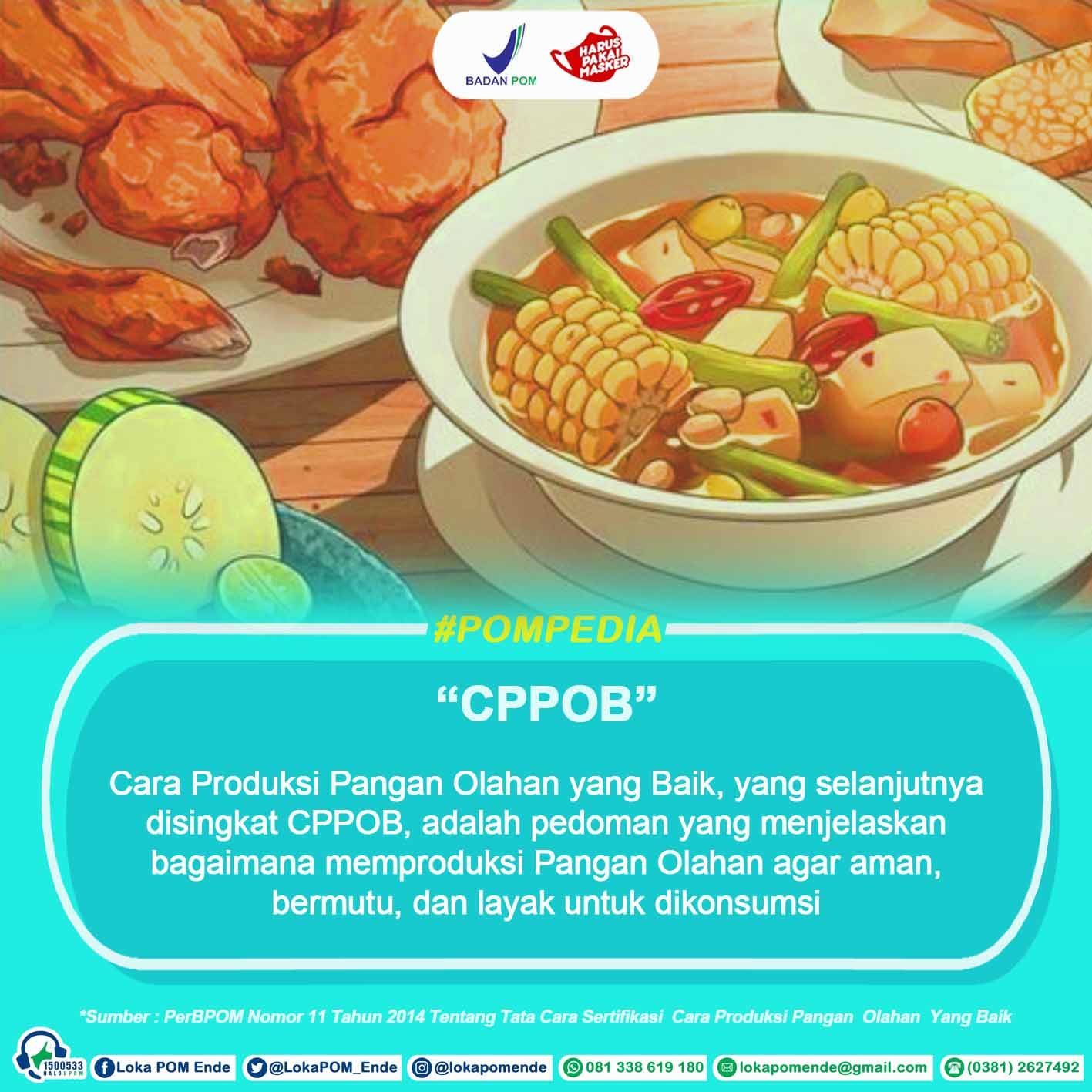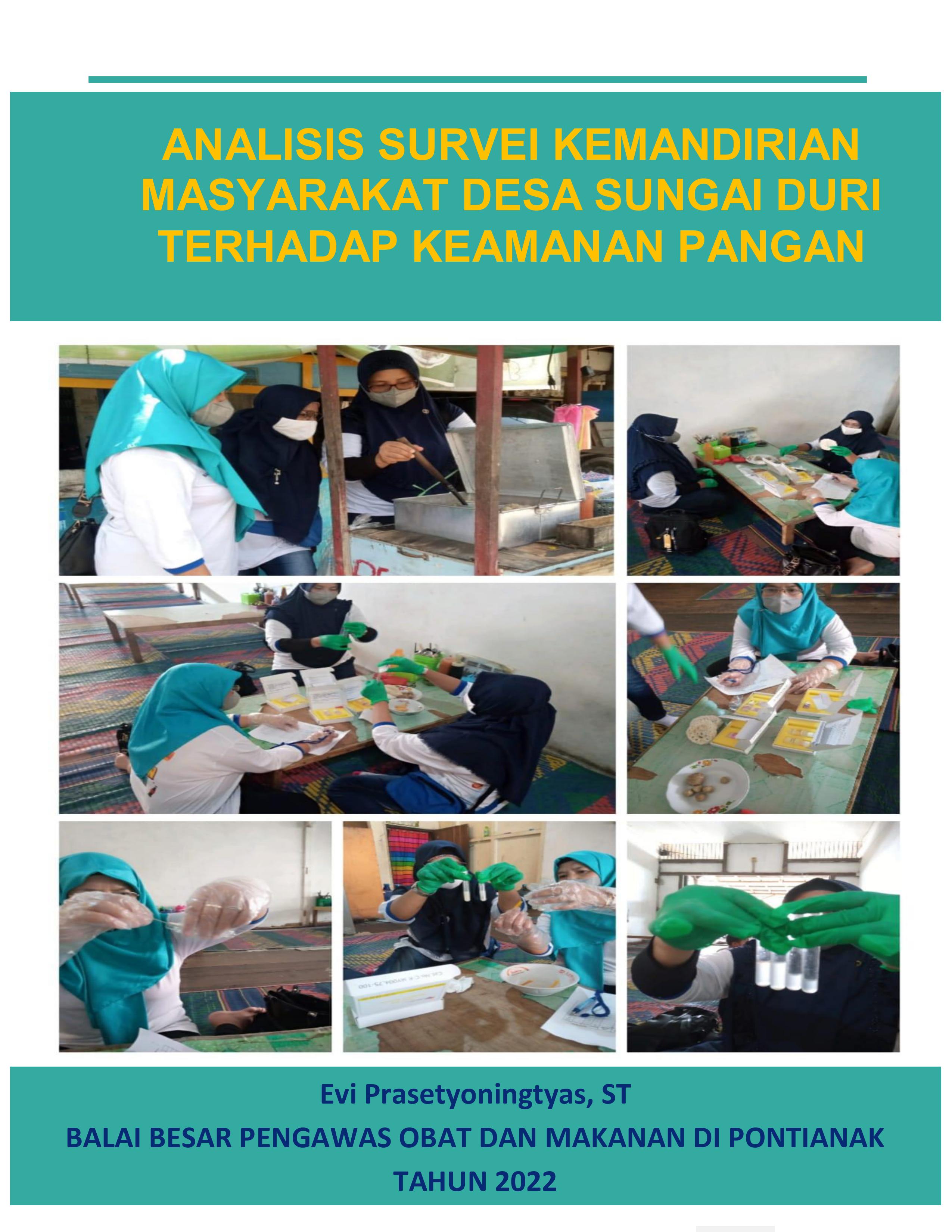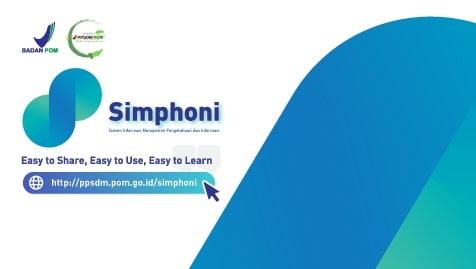-
-
The Overview of probiotic regulations in Indonesia
Tinjauan regulasi produk probiotik di Indonesia -
Regulatory overview, research and developmnet of probiotic products in Japan
Tinjauan regulasi dan riset produk probiotik di Jepang -
Regulatory overview, research and developmnet of probiotic products in Australia
Tinjauan regulasi dan riset produk probiotik di Australia -
Regulatory overview of Probiotic products in SEA
Tinjauan regulasi produk probiotik di Asia Tenggara oleh President of the Nutrition Society of Malaysia (NSM) and Chair of the Southeast Asia Public Health Nutrition (SEA-PHN) Network. -
Probiotics
paparan tentang definisi probiotics dari Professor at the Department of Food Science, Chair of the Food Science Graduate Program, and an executive member of the Food Research Institute at the University of Wisconsin-Madison. -
Lagi Demam?
Obat untuk demam -
Sakit Kepala Sebelah
Baru Masuk Malah Sakit Kepala Sebelah -
Vaksin Homolog
Vaksin Homolog Heterolog -
Vaksin Sinopharm
Mengenal Vaksin Sinopharm -
Formulasi Orally Disintegrating Tablets Fraksi Aktif Buah Oyong (Luffa acutangula
Sharing Knowledge Alumni Tugas Belajar tanggal 6 April 2022 Formulasi Orally Disintegrating Tablets Fraksi Aktif Buah Oyong (Luffa acutangula (L) Roxb) sebagai Antisindrom Metabolik Disampaikan oleh Bu Rina Adriany -
Pompedia CPOB
Pompedia dengan tema CPPOB -
Analisis Survei Kemandirian Masyarakat Desa Sungai Duri Terhadap Keamanan Pangan
Dalam rangka mengetahui dan mengevaluasi sampai sejauh mana kemandirian masyarakat Desa Sungai Duri di bidang Keamanan Pangan sehingga bisa menjadi salah satu indikator tingkat keberhasilan Program Desa Pangan Aman maka dilakukan analisis dan kajian terhadap hasil survei pengetahuan, sikap dan perilaku dari komunitas Desa Sungai Duri. Survei tersebut dilakukan pada saat sebelum intervensi (pre intervensi) dan setelah intervensi (post intervensi) Program Desa Pangan Aman. Hasil survei tersebut bisa dijadikan sebagai salah satu penilaian tingkat keberhasilan Program Desa Pangan Aman. -
Evaluation of GMP Compliance on Cosmetics: Case Study on Cosmetic
Journal of International Conference Proceedings (JICP) Vol. 4 No. 2, November 2021 Evaluation of GMP Compliance on Cosmetics: Case Study on Cosmetic Industries in Indonesia Abstract The cosmetic industry has been designated as one of the priority sectors, as stated in the Master Plan of National Industry Development 2015-2035. The priority development programs in the cosmetic sector are mastering technology and building international standard manufacturing capabilities. The cosmetic industry's ability to comply with international standards, including good manufacturing practices (GMP), is mandatory, mainly since the ASEAN Harmonized Cosmetics Regulatory Scheme was fully implemented. It has been almost 14 years since the scheme's implementation, and the Indonesian FDA has enforced all stipulations within the scheme framework. This study aims to evaluate the policy impact of GMP compliance on cosmetic industries in Indonesia through a cost-benefit analysis. A qualitative descriptive method is conducted to identify the benefits and the costs of GMP compliance and determine the importance or significance of the benefits and costs components. The result findings showed the more significant cost components include maintenance of building and facilities, quality control, maintenance of equipment, and sanitation and hygiene. In comparison, the weight scores of the benefit components do not differ much, with the benefit of increased product sales being perceived to be the most important. -
Analysis of The Occurrence of repeated BPK Audit Findings in
Journal of International Conference Proceedings (JICP) Vol. 4 No. 2, November 2021 Analysis of The Occurrence of repeated BPK Audit Findings in The Financial Statements of a Government Institution Abstract One tangible manifestation of the implementation of transparency and accountability of government institutions is through the preparation of relevant and reliable government financial reports. To ensure the quality of Government Financial Reports, the State Audit Board (BPK/Badan Pemeriksa Keuangan) audits related to state financial accountability are carried out in order to provide an opinion on the fairness of the information presented in the government's financial statements. Based on the results of BPK audits on government institution, there are still repeated findings, namely findings with the same problems and repeated from year to year. This study aims to determine the factors that cause repeated findings in BPK audit results and propose appropriate strategies to prevent the occurrence of repeated findings. The research technique used is qualitative, with data collection through literature study, data observation of BPK audit results and interviews. Interviews will be conducted with internal parties such as financial managers, asset managers, commitment makers, and internal auditors. In addition, interviews will also be conducted with external parties, namely the BPK auditors. The results showed that the causes of repeated findings were due to man, budget, organization, technology, regulatation factors and internal control factors. -
Internal and External Environment Analysis on The Performance of Provincial
Journal of International Conference Proceedings (JICP) Vol. 4 No. 2, November 2021 Internal and External Environment Analysis on The Performance of Provincial Office of Indonesian Food and Drug Authority in Manado Abstract Small and medium-sized businesses (SMEs) contribute significantly to the national economy. In 2018, North Sulawesi had a total of 48.45 thousand SMEs. Indonesian Food and Drug Authority (BPOM) has supports and provides convenience, protection and empowerment for SMEs. In accordance with BPOM's second mission, which is to facilitate the acceleration of the development of the Food and Drug business by partnering with SMEs in order to build a productive and competitive economic structure for the nation's independence. The purpose of this study was to determine the influence of internal and external environment analysis on the performance of Provincial Office of Indonesian Food and Drug Authority in Manado (BBPOM in Manado) as a Technical Implementing Unit (UPT) of BPOM related to registration assistance services to processed food SMEs in North Sulawesi. The company's external and internal environment can affect the company's performance to gain and maintain a competitive advantage. The external environment analysis using PESTEL analysis and Porter’s Five Force analysis while the internal environment analysis using VRIO analysis and RBV analysis. The results showed that internal and external environment analysis could affect on the performance of BBPOM in Manado. -
System Thinking Approach to Analyze Violations in the Distribution of
Journal of International Conference Proceedings (JICP) Vol. 4 No. 2, November 2021 System Thinking Approach to Analyze Violations in the Distribution of Prescription Medicines in West Sumatra Province Abstract Indonesia has a high rate of illegal prescription medicine sales through unauthorized distribution facilities, and these violations have increased in the midst of the COVID-19 pandemic. Despite the fact that law enforcement has been conducted, it has continued to grow. Between 2018 and 2020, criminal cases related to this issue handled by the Indonesian Food and Drug Authority (BPOM) increased by 5.54 percent, and in the province of West Sumatra, which was the main focus of this study, cases of prescription medicine violations reached 68.35 percent in 2020. However, preventing and eradicating these cases has become increasingly difficult due to the interconnectedness of factors and actors. To address the issue, the system thinking approach was chosen as the best method for modeling the dynamic behavior of this complex system over time. To facilitate applicable solutions to resolve these violations that occur in West Sumatra Province, a tool known as a rich picture diagram (RPD) is proposed as a precursor to the development of a causal loop diagram (CLD). The study's system thinking approach enables the Indonesian Food and Drug Authority's business processes to fully comprehend the dynamics and develop robust systemic interventions during the supervision and investigation of such violations. -
Causal Loop Diagram for Better Understanding of Customer Satisfaction in
Journal of International Conference Proceedings (JICP) Vol. 4 No. 2, November 2021 Causal Loop Diagram for Better Understanding of Customer Satisfaction in The Indonesian Public Service Abstract In Indonesia, public service providers were mandated to measure consumer satisfaction in improving the quality of their services. It could help the organization to establish the priority of areas that need to be improved. On the other hand, the customer satisfaction index is frequently analyzed using a linear thinking technique, in which an event is continuously seen from a particular point of view, perhaps leading to policies that are contrary to what the customer expects. This research aimed to adopt a more systematic approach for better understanding the structures that generated customer satisfaction, so the various policies could be designed to address the problems that arise. A causal loop diagram (CLD) was used to describe the feedback structure of interrelationships among variables, allowing for identifying the structure that generated customer satisfaction. The structure showed how customer satisfaction was formed and how it affected other variables. The conceptual CLD is a mental map constructed to highlight various cause-and-effect interactions and to disclose some relationships between customer satisfaction variables that are important in policymaking related to customer satisfaction. -
Tantangan Kebijakan Pengawasan Obat dan Makanan dalam Mendukung Peningkatan Daya
ERUDITIO Vol. 1, No. 2, Juni 2021, pp 6-19 Tantangan Kebijakan Pengawasan Obat dan Makanan dalam Mendukung Peningkatan Daya Saing, Ekonomi dan Bisnis di Indonesia ditulis oleh Perdhana Ari Sudewo Abstrak Seiring dengan target Indonesia untuk menjadi Negara maju tahun 2045, reformasi struktural sektor Industri di Indonesia terus dilakukan dengan target pada tahun 2030 mampu memberikan kontribusi 30% terhadap Produk Domestik Bruto (PDB) Indonesia. Dalam reformasi struktural, Industri Obat dan Makanan menjadi Industri prioritas dimana hal tersebut menuntut kebijakan Pengawasan Obat dan Makanan yang dikeluarkan oleh Badan Pengawas Obat dan Makanan (BPOM) untuk mampu mendukung peningkatan daya saing melalui penciptaan ekosistem bisnis yang mendukung pertumbuhan ekonomi Indonesia. Studi ini bertujuan untuk melakukan analisis terkait tantangan kebijakan Pengawasan Obat dan Makanan dalam meningkatkan daya saing Industri Obat dan Makanan untuk mendukung pertumbuhan ekonomi, perluasan lapangan kerja, dan menciptakan ekosistem bisnis yang baik di Indonesia. Studi dilakukan menggunakan data sekunder melalui studi pustaka dari buku, jurnal, laporan, hasil kajian, artikel, dan dokumen internal BPOM. Hasil studi menunjukkan BPOM harus siap dan adaptif untuk menghadapi berbagai pengawasan, termasuk tantangan yang belum pernah dihadapi BPOM sebelumnya dampak dari tuntutan Pemerintah, digitalisasi sektor Industri dan perkembangan Ilmu Pengetahuan bidang Obat dan Makanan. Penyusunan kebijakan yang tepat, dan penyiapan sumber daya yang memadai perlu dilakukan BPOM untuk mampu menghadapi berbagai tantangan tersebut. Studi ini diharapkan dapat memberikan manfaat bagi pengambil kebijakan dan pegawai di BPOM dan pemangku kepentingan terkait dalam menyiapkan, menyusun, dan menetapkan kebijakan yang tepat dalam mendukung daya saing, ekonomi, dan bisnis di Indonesia. -
Evaluation Service Quality in Processed Food Importation Certification: A Combination
Journal of International Conference Proceedings (JICP) Vol. 4 No. 2, November, 2021 Evaluation Service Quality in Processed Food Importation Certification: A Combination of SERVPERF and Importance-Performance Analysis ABSTRACT This research aims to evaluate and increase service quality to acquire customer satisfaction from the Directorate. Due to the close correlation to customer satisfaction, service quality has been considered a critical factor for service providers' success. Therefore, consumers' perception becomes a crucial component in assessing service quality. The public service quality evaluation was based on the guideline elements from the Minister of Administrative and Bureaucratic Reforms regulation No.14 of 2017. The SERVPERF was applied to measure service quality according to the customers' perception of responsiveness, assurance, tangibles, empathy, and reliability. At the same time, Importance-Performance Analysis (IPA) was used to identify indicators in need of improvement. The result reveals the lowest mean performance score of the empathy dimension, and the five dimensions have a positive correlation to overall service quality. Assurance, empathy, and tangible were significant predictors. Furthermore, based on the results of the IPA, sub-variables Q5, Q29, Q31 are importantly perceived by the customers but the low performance of the Directorate. -
Knowledge Management Approach in Law Enforcement Division of Indonesian Food
Journal of International Conference Proceedings (JICP) Vol. 4 No. 2, November, 2021 Knowledge Management Approach in Law Enforcement Division of Indonesian Food and Drug Authority to Improve Organizational Performance ABSTRACT Indonesian Food and Drug Authority (BPOM) functions are to conduct investigations into violations of Food and Drug Administration regulation. It protects the public from the illegal distribution of drugs, traditional medicines, dietary supplements, cosmetics, and foods that could harm health. However, in practice, the implementation of law enforcement has not been optimal due to several factors, including the lack of a system or database that allows for the sharing of knowledge, experience, and lessons learned that can aid in decision making regarding the law enforcement process. This research aims to assess the current system of knowledge management and find the knowledge management strategies that support the organization's performance. The findings show that the BPOM Law Enforcement Division currently lacks knowledge management. It shows that there is a lack of skill in converting tacit knowledge into explicit knowledge. The system does not support facilitation. Recommendations are made for the BPOM Law Enforcement Division to establish a standardized documentation and database system and build facilities, infrastructure, and information systems supported by the leader and system. This study can help all work units, particularly the Law Enforcement Division, improve quality and maximize available human resources.
-
-
0
Data SIMPHONI
0Download Data

